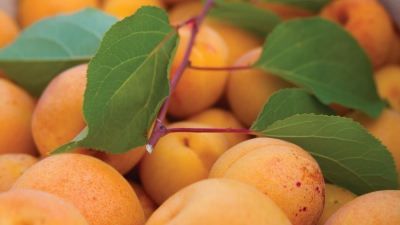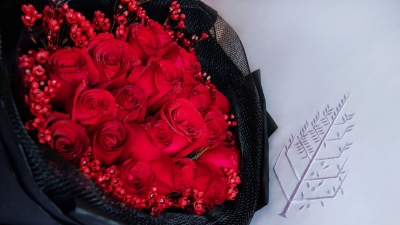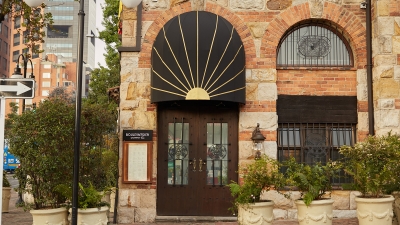Four Seasons Hotel Bogota and Four Seasons Hotel Casa Medina Bogota honour the astonishing variety of fruits in Colombia. From the Amazon rainforest in the south to the desert in the northern peninsula of La Guajira, from the pacific coast in the west to the flatlands in the far east, crossing the Andes, the coffee region, and the savannah that neighbours the Caribbean coast, the common theme is a beautiful spectrum of colours, shapes, textures, flavours, and aromas of tropical plants.
Pineapple, watermelon, cantaloupe, passion fruit and banana passionfruit (related but not the same), papaya and papayuela (not quite the same), lulo, tangerine, grapefruit, oranges and mandarin lim , mango, loquat, Spanish lime, tamarind, coconut, mangosteen, wild plum, pitaya, sapote, corozo, arazá, cocona, soursop, guava, feijoa, fig, golden berry, star fruit, wild berries, tamarillo, peach palm, borojó, granadilla, lucuma, and rose apple are just a few of dozens of Colombian fruits worth being curious about.
They are harvested every day, and can be found in the wild, or hanging from a tree on the street; because they are really everywhere and as fresh as it gets.
The Hotels take every opportunity to potentialize their privileged exquisiteness in sweet and savoury dishes, pickles, fermented beverages, teas, infusions, cocktails, mocktails, and welcome amenities.
Wasteless Creations
When used in fruit salads, juice, sauces, and as part of different dishes on the menu, fruits at Castanyoles and La Biblioteca – the restaurants of Four Seasons Hotel Bogota and Casa Medina – are used thoroughly. Following a protocol of “no waste” applied to other products such as meats and vegetables, the staff elaborates powders from soft skins such as carrot peels, that are removed with a hand peeler to keep the pulp of the carrot intact, dehydrated and ground to decorate different dishes. The other way in which fruit byproducts are used is in the elaboration of kombucha, the popular fermented drink made out of scoby (a symbiotic culture of bacteria and yeast) and flavoured with fruits such as berries, pear, and gulupa. In this case, the peel, pulp, and seeds are included in the fermentation process.
Fruit skins are also used at the bar in macerations for drinks. Macerating is a process in which chemical compounds are extracted from plants by infusing them in hot water, wine or any alcohol. Pretty much every fruit skin or its solids can be used for this purpose, so it’s a great way of making good use of residual parts.
At Boulevardier
Boulevardier, the speakeasy of Four Seasons Casa Medina, follows the same principle. Fruits’ residuals are used to elaborate cordials (non-alcoholic concentrated syrups used as a base for cocktails and mocktails). In the Rum Chai Colada for example, after making a subtle cordial with the skin of a pineapple, the pulp is delicately roasted with coconut oil to use as garnish when serving it.
The Vintage Boulevardier is garnished with the peels of oranges that had been used to make fresh-squeezed juice for breakfast at the Hotel. After being fully washed and dried, they are covered in 70 percent cacao liquid chocolate to decorate the cocktail.
Also, lemon peels are mixed with sugar and left to sit for hours or days until a very fragrant natural oil is extracted to add citrus notes to beverages. Watermelon skin is mixed with raspberries and tabasco hot sauce to create a gelatine that is used to finish different cocktails.
Other Signature Experiences: the Paloquemao Market tour, a Tropical Tasting, and Spa Treatments
Visitors can book a tour of Paloquemao, one of the biggest and most colourful farmers markets in Bogota, located on the western side of the city, with around 1200 stalls, and where people can find dozens of types of plants, fish, dairy products, flowers, spices, preserves, pickles, traditional snacks, and Colombian dishes. As fruits are an essential part of the market scene, the Hotel will be happy to arrange a tour with local fruits as a theme: their origin, flavour, culinary uses, and other exciting, unique details. Also, at both locations of Four Seasons in Bogota a fruit tasting can be booked at any moment of a guest’s stay.
And last but not least, the Hotel’s spas have a number of locally inspired treatments, such as body scrubs, masks, and exfoliation massages, based on nourishing and refreshing fruits such as papaya, mango, and grapefruit, or fruity elements such as green coffee.











